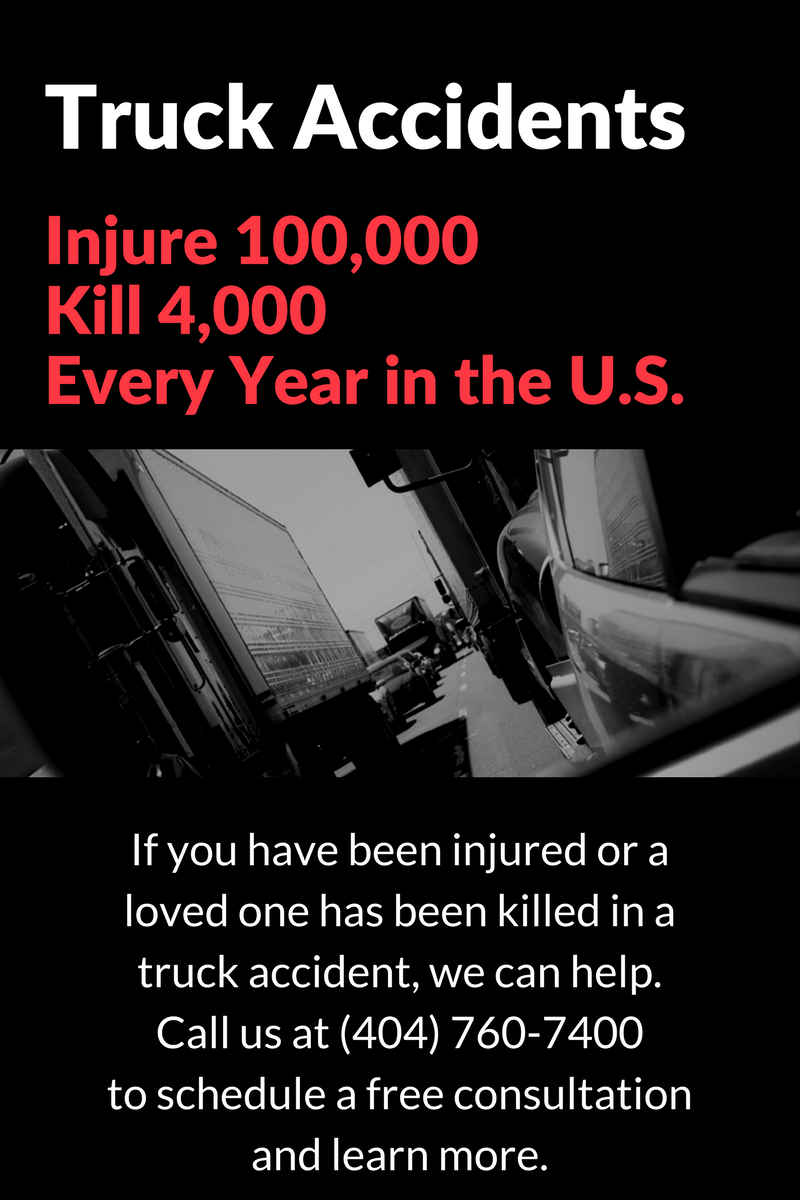
According to Advocates for Highway & Auto Safety, 100,000 people are injured and 4,000 are killed every year in truck accidents. The CDC reports that 33,736 people were killed in auto accidents in 2016 and, while truck accidents comprise only a small portion of that number, these accidents also represent only a small portion of the total number of auto accidents in the U.S. every year. That means an alarming number of accidents involving commercial vehicles result in serious or fatal injury. In fact, it is uncommon for those in smaller vehicles to walk away from a truck accident injury-free, making collisions involving big rigs more dangerous than most other types.
Truck accidents commonly result in:
- Head and brain injury
- Neck and spinal cord injury
- Pulverized bones
- Amputation
These catastrophic injuries will require intensive medical treatment followed by months, years, and in some cases a lifetime of rehabilitation, therapy, and adaptive technology. Some truck accident injuries will make working difficult or impossible, and many can forever alter your quality of life. When you did not cause the accident in which you were injured, you are entitled to hold those responsible accountable for your damages. The Atlanta truck accident lawyers at Chance, Forlines, Carter & King are here to help you do just that.
Bringing years of experience into each truck accident case we take, our attorneys know how to handle these claims for optimal results. We also know that recovery from a serious injury takes both a physical and emotional toll, and we are here to support you through this, providing you with resources and counsel, to help you make the best recovery possible.
If you have been injured or a loved one has been killed in a truck accident in Atlanta, please contact Chance, Forlines, Carter & King to schedule a free consultation. We serve victims of serious injury in Savannah, Decatur, Augusta, and all surrounding Georgia communities.
